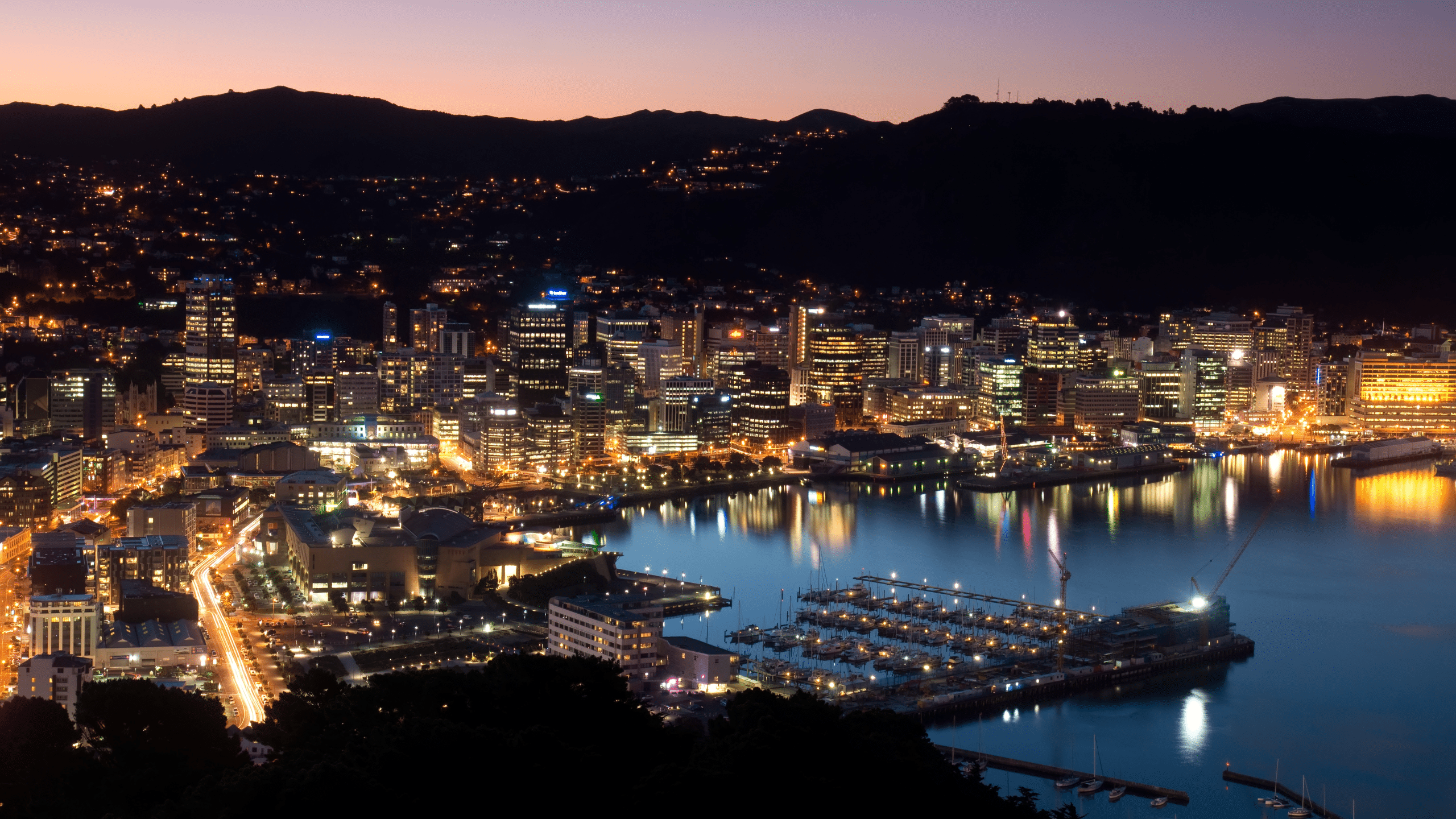David Jones, Senior Associate, TSA Riley and Property Council New Zealand Wellington Committee member worked on the Manchester City Deal and its delivery 10 years ago. He recently caught up with old colleagues embedded within the Greater Manchester City Deal through their work for the Greater Manchester Combined Authority and surrounding local Councils. In this article, David summarises the discussion and examines the opportunities that City Deals present New Zealand.
What is a City Deal?
A City Deal is a mechanism for implementing the delivery of collective plans for growth. It serves as a platform to amalgamate key projects, programmes, policy and governance reforms to help a region realise its economic potential. It builds alignment between local and central government and industry partners based on shared goals.
What are the lessons for Wellington and New Zealand from Manchester, England?
The UK Government initiated its first City Deal with Greater Manchester. This city-region comprises ten local authorities, all operating as single-tier councils. The Association of Greater Manchester Authorities was the first inception of the ten councils working together.
The establishment of the “Core Investment Team for Greater Manchester” comprised consultants and various council staff. Andrew McIntosh, who now serves as Director of Place for Greater Manchester Combined Authority (GMCA), was part of that team. In a recent conversation, he emphasised the importance of having the right skills to advise local political leaders on delivery mechanisms, systems, and development funding – an essential component for success in Greater Manchester. He also emphasised the importance of getting the governance structure right from the start.
Paul Lakin, Executive Director Place at Bury Council, one of the city-regions metropolitan councils, believes Greater Manchester capitalised on its history of the councils working together and its regional geography, which revolves around a city centre at its core. Wellington presents a parallel with the collaborative efforts of its Wellington Regional Leaders Forum. This group has been actively engaged in initiatives such as developing a regional Spatial Plan and Future Development Strategy, mirroring the cooperative spirit that has been instrumental in Greater Manchester’s success.
As a word of caution to New Zealand, however, Lakin challenges the notion that the “trickle down” effects of the success of the city centre have adequately reached places like Bury and other similar towns across the wider city region. He suggests that there may be an argument for “market failure” in places like Bury, where greater benefits could potentially be achieved through grant funding to address the commercial viability of projects. While grant funding for regeneration projects in New Zealand hasn’t progressed in the same way as in the UK, there are intriguing considerations regarding how and why such funding could be used to facilitate development and address infrastructure funding challenges, particularly in areas such as water assets and property development.
Simon Nokes, Executive Director, Policy and Strategy at GMCA believes the Greater Manchester city region will focus more on the needs and benefits of devolution and single settlement funding for all parts of the conurbation. In a similar vein, for Wellington, there’s a noteworthy analogy in how the broader regional area – from Wellington through to the Hutt Valley and Wairarapa, and from Porirua through Kapiti and even Horowhenua – will achieve benefits from a “Regional Deal”. Consequently, collaboration between the Wellington City centre and regional nodal locations like the Hutt, Porirua and Kapiti becomes essential for collective advancement.
Nokes also spoke of the importance of the regional leaders being able to resolve any disagreements and show a united front to funders, Government and the public. This is something that is always a challenge, but for the wider good should be front and centre for the Wellington Region.
Lastly, the prospect of a regional Mayor or equivalent structure to a regional Combined Authority seems like a step too far for Wellington right now. In Manchester, Mayor Andy Burnham uses the “soft power” he has to influence the debate where he can, speaking on behalf of the city region. If those are a step too far, Nokes believes that getting the strategy right for the long term and largely sticking to it has been an important component of Greater Manchester’s success. It will be interesting to see how the Wellington Region can follow some of those lessons, as and when the City Deal negotiations develop and a regional strategy and structure to deliver gets established.
What is the opportunity for New Zealand City Deals?
Some interesting lessons from what has evolved in Manchester can be taken into the current debate in New Zealand. In summary, these are:
- Setting up delivery of the City Deal with the right skills and governance is a fundamental building block to get right from the start.
- Regional leaders need to work together productively for the benefit of the greater region and address their differences behind closed doors, speaking with one voice to the public and stakeholders.
- The City Centre is crucial to the region’s success as an economic powerhouse and a location for jobs that can be accessed across the conurbation. However, identifying ways the whole region can benefit from City Deal funding is vital for the benefits to be widely felt.
- Public transport connections across a region are an excellent way of opening up the region to the benefits of the money invested through a City Deal.
- In the UK, City Deals are heavily linked to devolving powers from the State to the regions. Consequently, appointing a city-region Mayor is seen as central to success in the UK. However, the Mayor uses “soft power” locally to get agreement as the role of the regional Mayor has limited mandated powers.
To address the question posed in the title of this article – City Deals, or Regional Deals in the context of Wellington, hold significant potential to help address infrastructure and growth funding challenges facing New Zealand. If set up in the right way, with the right governance and skills in place at the city or regional level, they can make a significant contribution to improving New Zealand.
David Jones
Senior Associate, TSA Riley


